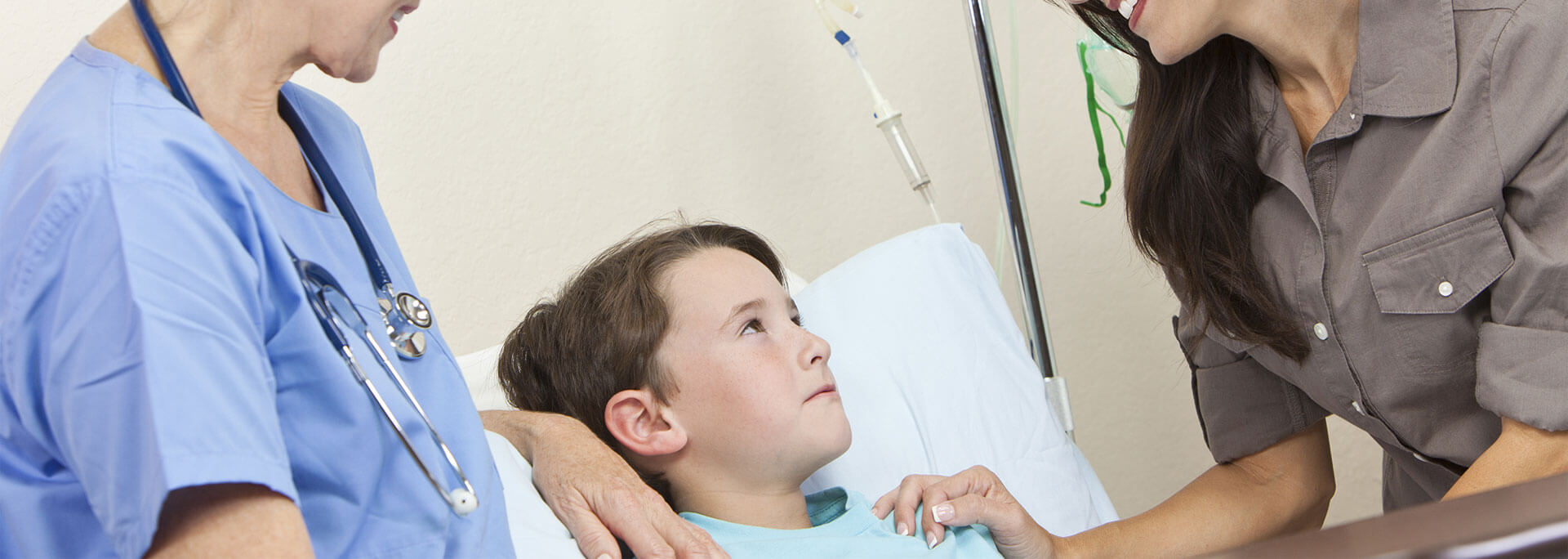

What is homeopathy?
Homeopathy is recognized by the World Health Organization (WHO) as the second largest system of medicine used by millions of people worldwide to treat both acute and chronic conditions. It’s founded by Dr. Samuel Hahnemann in 1796 and it’s been in use for more than 200 years.
It is based on a central principle called the “Law of Similars”. In other words, the very same substances that make you sick can be used in minute amounts to heal your body and relieve your symptoms.
The second principle of homeopathy is “law of minimum dose” which means you should give the least amount of medicine necessary to evoke a healing response.
Homeopathic medicines are made through a specific pharmacological process of ‘potentization’ and ‘succussion’.
No two people present the same unique symptoms of an ailment, except its name. They are given two different remedies that suit their temperament and individuality. For that, questions about your lifestyle, eating habits and preferences, temperament, personality, sleep patterns and medical history help the doctor to form a complete picture of you. This picture will be matched to the symptoms of your illness in order to prescribe a particular type and strength of homeopathic medicine.
After this extensive interview with a patient, homeopath will consult a repertory, a catalog of symptoms and the homeopathic remedies associated with relieving those symptoms.
The ideal would be to find the similimum, the remedy that best matches the person not just in terms of his symptoms but also in terms of his psyche and the way that he relates to other people and to life generally, of the particular case. The correct remedy (similimum) is believed to stimulate the body’s natural healing response and this would offer a deeper prospect of healing.
In acute conditions, the medicines are prescribed on the symptom similarity most often. While in chronic cases, the constitutional treatment is given for any ages of people, that is a homeopathic remedy for the whole person – their physical, psychological and disease levels are taken into consideration.
Why homeopathy?
Homeopathy, a complementary or alternative medicine (CAM), which means homeopathy is different in important ways from treatments that are part of conventional Western medicine.
Homeopathy treats each person as a unique individual with the aim of stimulating their own healing ability. A homeopath selects the most appropriate medicine based on the individual's specific symptoms and personal level of health.
Homeopathic medicines are safe to use as they rarely cause side-effects. This means when used appropriately under the guidance of a qualified homeopath they can be taken by people of all ages, including babies, children and pregnant or breastfeeding women.


Is homeopathy, a safe alternative to conventional treatment?
Yes, as homeopathic remedies are natural, generally safe and free from any adverse side effects.
Under the guidance of a qualified homeopath, the medicines can be taken by people of all ages, including infants, children and pregnant or breastfeeding women.
What are the benefits of homeopathic medicine?
Health systems around the world are experiencing increased levels of chronic illness and escalating health care costs. Patients and health care providers alike are demanding that health care services be revitalized, with a stronger emphasis on individualized, person-centered care.
In homeopathy, the minute potentized doses of natural substances are used to stimulate the body's own natural ability to heal itself, and, it is the individual that is being treated, rather than the condition. That is the need of the hour the world health care demands today. And moreover, the homeopathic treatment is much cheaper when compared to the conventional medicine and with “no-known adverse effects”.

Frequently Asked Questions
The concept that Homeopathy takes a long time to work and restore to health may be a misconception when we consider the fact that the ultimate and final aim of all treatment should be the cessation of it by the restoration to health.
Homeopathic remedies work by stimulating the body's own ability to heal. The homeopathic medicines act as trigger that sets the body's inherent ability to heal into action using its self-defense and self-regulating mechanisms.
Whether the infection is viral, bacterial, or fungal, homeopathy can enhance the body's immune response and help it fight infections.
There are hundreds of clinical trials showing the efficacy of homeopathic medicine as well as over 200 years of clinical data and experience.
No. Based on the available evidence, adverse effects from properly prepared homeopathic medicines seem to be uncommon. For more than two hundred years of practice, research and trials have proved the safety of this gentle system of medicine for both people and animals, without any known side effects.
Homeopathy is medicine; not herbs, vitamins, home remedies, or supplements.
The medicines are made from various substances of the plant, mineral or animal kingdom.
Each medicine is prescribed for its capacity to cause, if given in overdose to healthy people, symptoms similar to those that the sick person is experiencing.
Homeopathic medicines are prescribed based on the totality of various physical and psychological symptoms, not just a single symptom or disease label for a complete recovery.
Yes, as the mode of the action is entirely different, you can take both together without any cross reactions. Many people who seek out homeopathic treatment are already on conventional medication in the hope of reducing or eliminating the medication. Homeopathic medicines are extremely effective even if patients are taking prescription medication.
